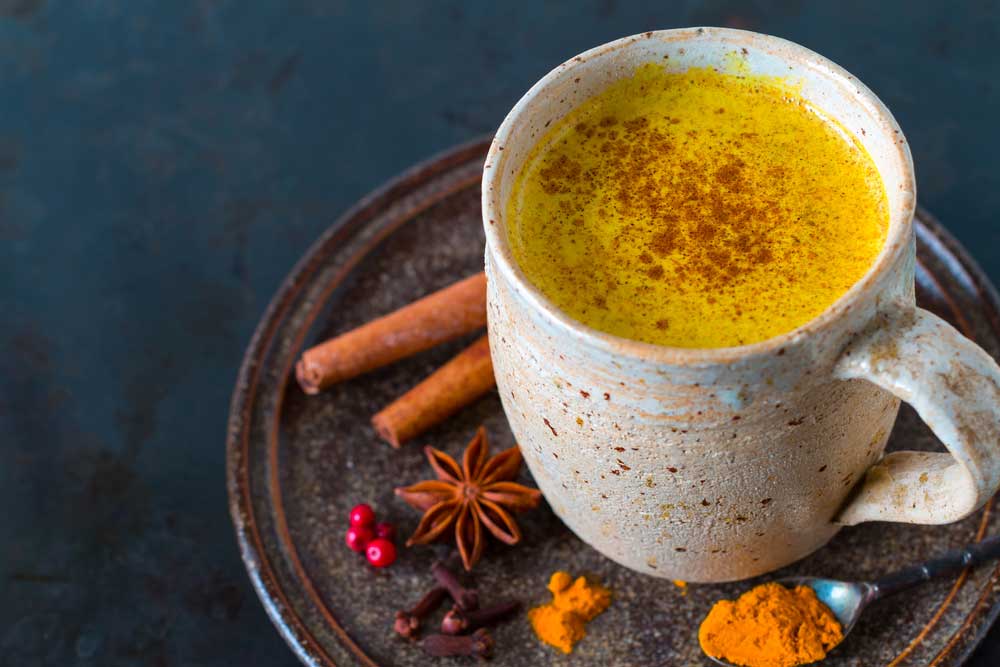The Covid-19 pandemic is fast approaching its peak in India. Experts say that novel coronavirus cases will peak at the end of July. And with the arrival of the monsoon, the viral pandemic will run hand in hand with the usual suspects of the season — dengue, malaria, typhoid, flu and gastroenteritis. This, therefore, is the right time to give your immune system a boost and fortify it to fight contagions, old and new, with some modification in lifestyle, food and exercise habits, and sleep patterns. At this time, home-cooked food is your safest best. Do not eat anything from outside. And try and eat a balanced diet. Given below are some of the things you should include in your daily diet.
Protein
You now need to have a whole lot of this food group. If you are a vegetarian or have problems in procuring fresh fish or chicken, add pulses, grams, kidney beans, soyabean, curd, paneer and cheese to your diet. Nuts and sprouts will give you protein, fibre, vitamin and minerals.
Vitamins
Vitamin C is an important antioxidant that can tame inflammation, a key characteristic of Covid-19 infection. Fresh fruits, especially citrus fruits such as lemon, are a must in the daily diet.
Vitamin D is another key weapon in the fight against the coronavirus. Our skin usually creates it from sunlight exposure but the lockdown has forced people indoors and limited their exposure to the sun. Also, sunshine is scant in the monsoon months. We have to therefore get this vitamin by consuming foods rich in it. This includes oily fish, egg yolk, mushroom, liver and milk fortified with the vitamin.
Do not exclude oil and fat completely from your diet because Vitamin D is absorbed through fatty substances. If you can’t get enough of this vitamin from your diet, you’ll need supplements. In addition, have homemade curd to maintain the health of friendly bacteria in your gut. These bugs strengthen your capacity to fight a viral infection.

Herbs and spices
Before Dalgona coffee, the trendy drink of choice worldwide was turmeric latte — concocted with turmeric, almonds and cashew nuts. Many cafes in the UK, US and Australia serve turmeric latte. Some of them also have “golden milk” — spiced with turmeric, ginger, pepper, cinnamon and honey or maple syrup on the menu. These spiced hot drinks can keep the common cold and other infections at bay.
Curcumin, the active ingredient in turmeric, fights infection and keeps inflammation under control. Inflammation makes you vulnerable to microbial infections of the monsoon as well as the coronavirus. You can try a teaspoon of freshly-ground turmeric with a glass of milk in the morning and evening. Adding a bit of pepper to the mix makes for a stronger impact. Piperine is the component that makes pepper a disease fighter.
Cinnamon can lower cholesterol, fasting sugar and resistance to insulin — factors that make you vulnerable to the novel coronavirus and other infections. Its active component is coumarin. Gingerol in ginger also fights microbial infections.
If you don’t fancy adding them to your tea or latte, use a variety of spices — ginger, garlic, turmeric, cumin and cinnamon — in your cooking. Add coriander, mint, tulsi and curry leaves for seasoning. These herbs and spices are known to boost immunity.
What to avoid
Avoid processed food as much as possible. They are loaded with artificial colour, preservatives and an excess of sugar and salt, which decreases immunity. Give cold drinks, packed fruit juice and caffeinated drinks a miss. Avoid consuming too many sweets, chocolates, cakes and pastries as they usher in inflammation, which makes you vulnerable.
If you try and live by these dietary rules, you will have a fighting chance against all infections, including Covid-19.











